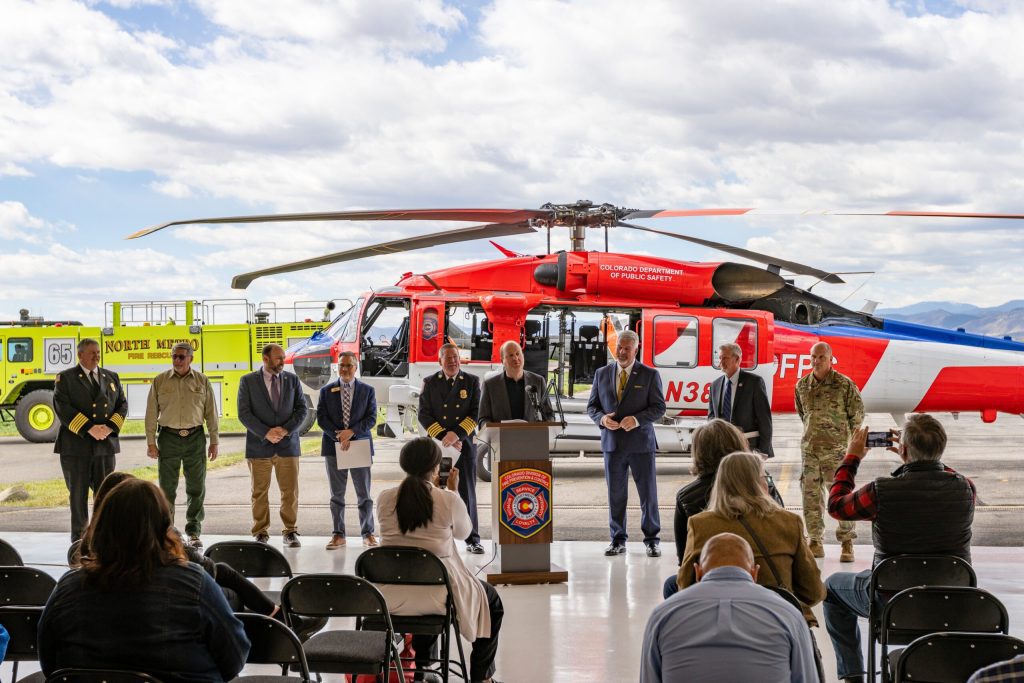If you’ve worked in EMS, fire, or law enforcement for more than five minutes, you’ve seen it: the toll the job takes on people. We carry the calls that keep us up at night, the shift stress that never quite goes away, and the constant pressure to “be fine” no matter what’s happening inside.
For years, we’ve been in a quiet crisis — losing more first responders to suicide than to line-of-duty deaths. Now, finally, states across the country are taking concrete steps to change that.
The Push for Peer Support and Confidentiality
One of the biggest barriers to seeking help has been fear — fear of being seen as weak, fear of losing your badge, or fear that what you share will make its way into your personnel file.
Legislators in several states are now moving to protect confidential peer support programs. These let first responders talk to trained coworkers who understand the job and the culture, without worrying that private struggles will become public knowledge.
- New York is leading with the Lt. Joseph Banish Mental Health Act, named for a trooper lost to suicide. It would make confidential peer counseling available statewide and require training for those counselors.
Expanding Access to Care
Some states are going further, aiming to make mental health treatment itself more affordable and accessible:
- North Carolina has a bill on the table to require insurance coverage for PTSD, anxiety, and depression for police, fire, EMS, and 911 dispatchers.
- Texas is looking at a statewide peer support network paired with suicide prevention training and behavioral health access.
- Illinois is continuing its First Responder Mental Health Grant Program, which funds training, wellness programs, and professional counseling.
The Federal Piece of the Puzzle
At the national level, there’s a push for a First Responders Wellness Act that would create a 24/7 dedicated hotline just for first responders. This wouldn’t be a generic crisis line — it would connect you with people who get the job, offer quick interventions, and refer you to licensed professionals if needed.
Why These Efforts Matter
- Cultural Change – Laws that protect confidentiality and normalize peer support chip away at the “suck it up” mentality.
- Early Intervention – The sooner someone talks, the less chance stress becomes a crisis.
- Lifesaving Potential – Suicide prevention for first responders isn’t just about awareness; it’s about making help as available and stigma-free as possible.
What Departments Can Do Now
You don’t have to wait for new laws to take action.
- Start a peer support program and make it easy to find.
- Partner with culturally competent clinicians who understand first responder work.
- Train supervisors to spot red flags and respond without judgment.
- Share resources like the 988 Suicide & Crisis Lifeline openly and often.
The reality is simple: we can’t afford to keep losing good people in silence. Whether change comes from the statehouse, Capitol Hill, or your own station, the shift toward open, protected mental health support can — and will — save lives.


